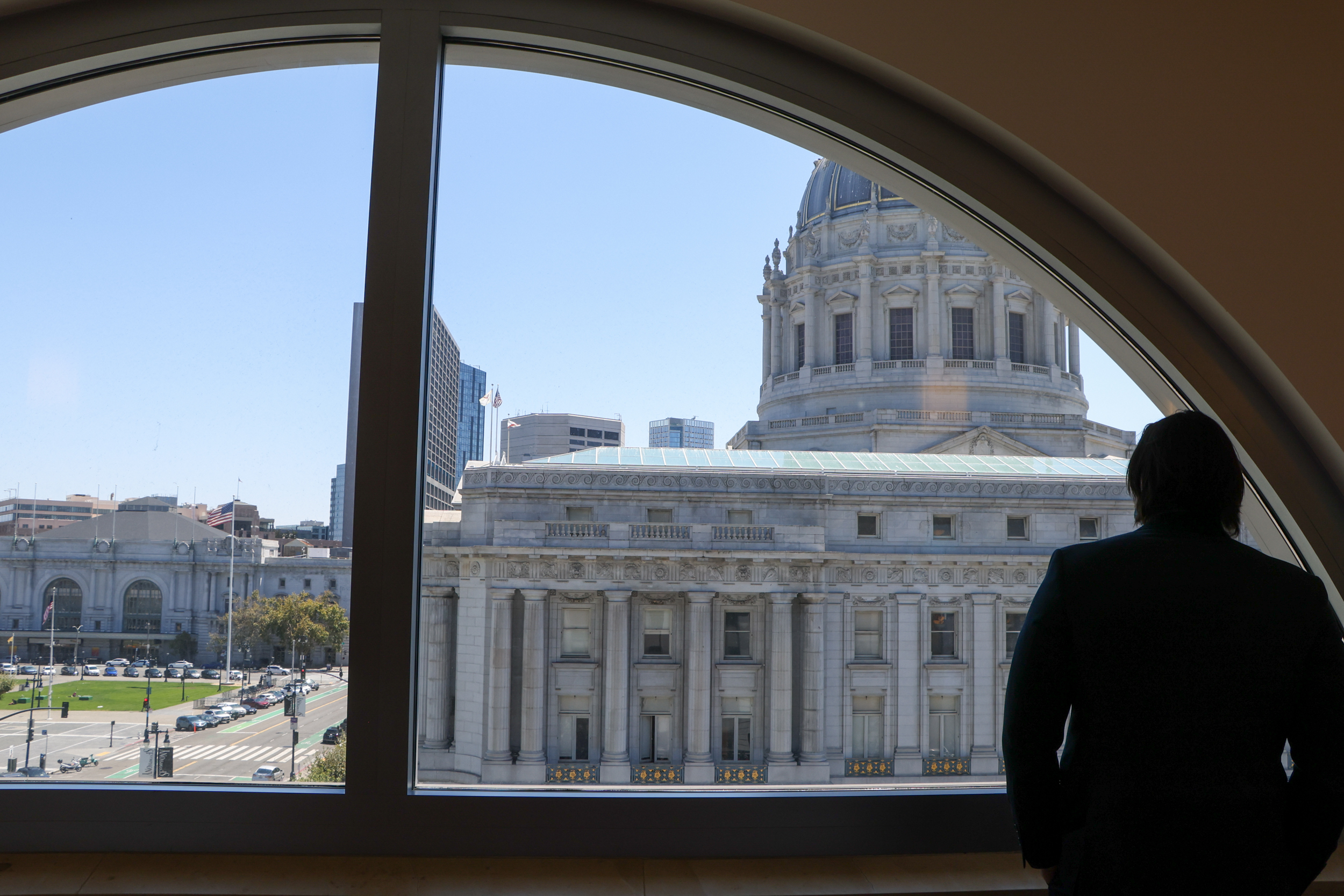Class-action status in the damages portion of an antitrust lawsuit against the NCAA was granted by a federal judge, a decision that could put the association on the hook for a potential multibillion-dollar payout to former and current college athletes.
House vs. the NCAA is being heard in the Northern District of California by Judge Claudia Wilken, whose previous rulings in NCAA cases paved the way for college athletes to profit from their fame and for schools to direct more money into their hands.
Brought by Arizona State swimmer Grant House in 2020, the lawsuit challenges the NCAA’s remaining “name, image and likeness” or NIL compensation rules.
Texas Christian University women’s basketball player Sedona Prince; and former Illinois football player Tymir Oliver are also listed as plaintiffs.
Wilken’s latest ruling Friday could make more than 14,000 current and former college athletes eligible to claim damages if the NCAA loses the case.
Plaintiffs’ attorneys claim athletes who were restricted from cashing in on their fame before an NIL ban was lifted in 2021 are owed damages for what they would have been able to make.
Plaintiffs’ attorneys are also targeting the billions of dollars in media rights revenue for the football and basketball players whose sports drive the value of those deals for the NCAA and the five wealthiest college sports conferences.
A loss for the NCAA could require professional-sports style revenue sharing of those multibillion-dollar television deals for big-time college football and March Madness basketball because they involve the use of players’ names, images and likenesses.
“What we’re going to be asking the court to do for the class is to strike down all current prohibitions on NIL. And so the most significant is the rule that prohibits conferences from paying students for NIL,” Steve Berman, one of the lead plaintiffs’ attorneys and a familiar legal foe of the NCAA, told AP last month.
